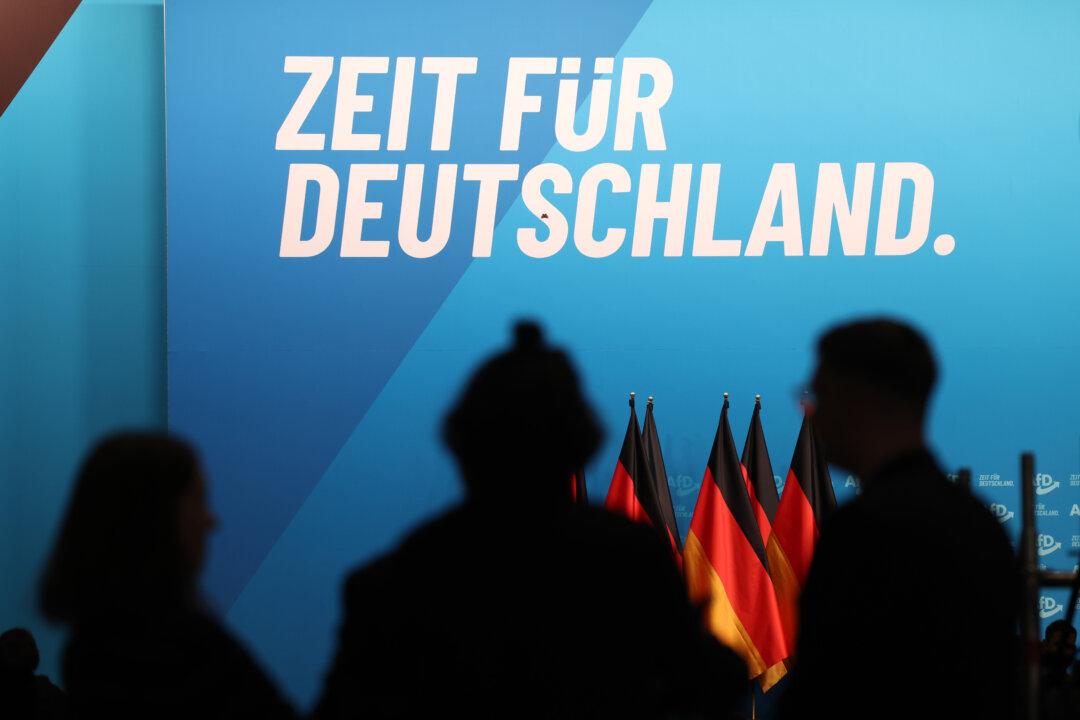Germany’s domestic intelligence agency has officially classified the right-wing party Alternative for Germany (AfD) as extremist.
Having regarded the AfD as a suspected extremist movement since 2021, the Federal Office for the Protection of the Constitution (BfV), on May 2 designated the populist party as “right-wing extremist,” following an “intensive and comprehensive expert examination.”





